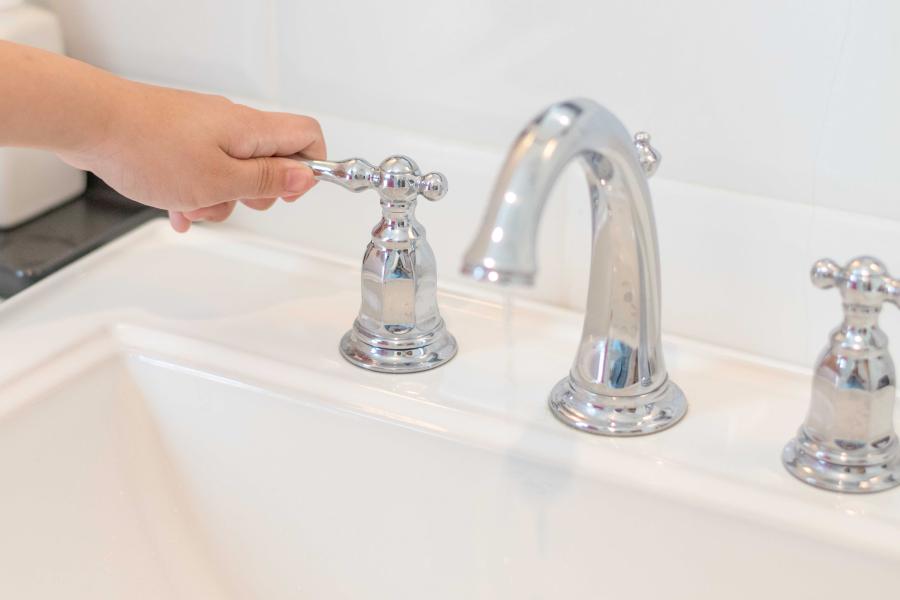Ways to Save: Conservation
February 29, 2024

Since your water bill is based on your actual water use, the easiest way to save is by using less. Our tap water costs less than a penny per gallon but we know that every penny counts.
By reducing your water use, you can save money on your water bill and help the environment. Here are some easy but impactful ways to save water every day.
Indoors
- Replace older fixtures and appliances with water-efficient EPA WaterSense products like low-flow showerheads, which use 50% less water.
- Sign up for the Cleveland Water web portal to monitor your actual water and receive leak alerts via email.
- Regularly check for and repair water leaks. Leaky toilets, showerheads, and faucets can waste thousands of gallons of water but are usually easy and inexpensive to repair.
- Make sure all your faucets have aerators installed. These reduce flow volume by half without reducing water pressure.
- Turn off the tap when water isn't needed while brushing your teeth, washing your hands, or shaving. Running your tap continuously can waste more than 2 gallons of water every minute.
- Use your dishwasher rather than washing dishes by hand. This can save more than 5,000 gallons of water a year.
- If you don’t have a dishwasher or need to hand-wash certain items, fill the sink with a few gallons of soapy wash water, clean your dishes, and put them aside. Then rinse them all together afterward.
- Scrape dirty dishes clean instead of rinsing. You can save 60 gallons of water a week by brushing food scraps into the garbage or compost instead of rinsing them into the garbage disposal.
- Instead of defrosting frozen foods under running water, defrost overnight in your fridge or use the defrost setting on your microwave. This can save up to 50 gallons of water.
Outdoors
- When watering plants, direct water right to the root zone, where it’s needed most, by using a watering wand, drip irrigation, or soaker hose.
- Water your lawn or garden during the early morning or evening hours rather than the afternoon. The higher midday temperature will quickly evaporate the water requiring you to use more to hydrate plants adequately.
- Cover your garden beds with a thin layer of mulch or compost to help retain moisture, reduce evaporation and minimize runoff.
- Landscape with native plants. Since these plants are accustomed to the local climate, they require less care, such as watering or the need for pesticides or fertilizers.
- Install a rain barrel to collect & store rainwater that you can use for watering your lawn or garden.
- Aerate your lawn to help allow water, air & nutrients to better reach your lawn’s roots, preventing runoff & keeping you from wasting water.
- Regularly check spigots, garden hoses, and irrigation systems for leaks.
- Use a broom to clean dirt and debris from your driveway, sidewalk, or patio rather than a hose.
Affordability, Home Plumbing
